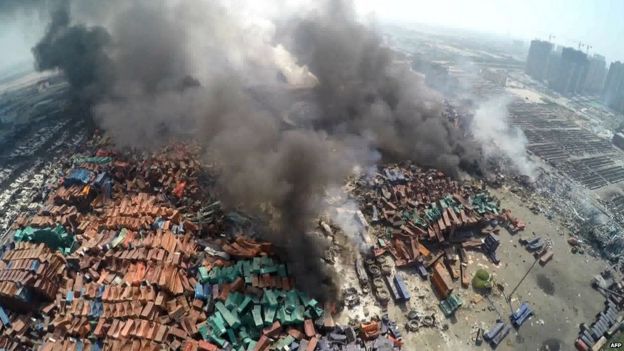Wikipedia
Info Graphic
Everyone who had a job, whether at the factory or elsewhere was earning such meager wages they could only afford to share a small apartment with other families and buy food. They couldn't afford to buy new consumer goods such as televisions, cars, radios, computers or computer tablets.
In 2012 there was a drastic slowdown in factory orders.
The board of directors was alarmed that the shareholders would panic and sell off the company stock. They looked at how other countries handled their surplus of products and found an interesting solution in a New York Times article about the way Goldman Sachs handled Aluminum. It wasn't quite the same, but with a few tweaks adopted from a Texas company called ENRON, the company could save face just long enough for the board members to sell off their own shares of company stock and buy mansions and penthouse apartments in another country.
Billions of dollars were expatriated from the country.
The board of directors created a subsidiary company that would send in factory orders at a gradually increasing rate to keep up the appearances that everything was fine, or even better!
The subsidiary had to store the products in shipyard warehouses, and pray that they would not run out of space, but space was running out faster than the board members could sell off their shares without drawing undo attention. Something had to be done!
One board member stood up and said "Turn it all into garbage!"
The other board members were so frustrated from the ongoing situation that they couldn't think straight and thought the idea was ludicrous, then another board member stood up with another even more ludicrous idea.
"I need to rent some space right in the middle for another product!' he said.
They all stared at him dumbfounded for a moment, but then the idea gradually dawned on them because they knew he ran a company that produced a highly volatile chemical.
And the rest is history...

